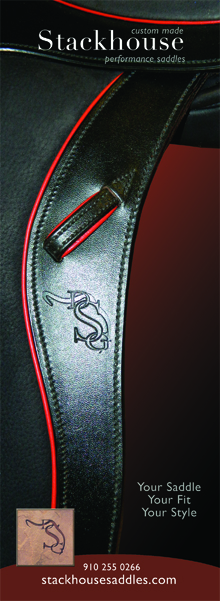Search the Site
Guest Blog post # 93: "Convincing (UN)" by Bill Woods
"I’m so glad when my horse acts up because then I have something to do with her." A clinic rider said these very words to me. When I had stopped shuddering and my heart rate had returned to normal, we had lots to talk about.
Her comment gets to the very heart of the matter—what do we think we’re doing here, anyway? This is someone who has ridden for many years but never in what I would call an active way. She has brought her “riding for exercise,” the horse coasting in slack musculature, and added some circles and dressage letters. The result, of course, is that nothing has really changed. I have been known to say, if you’re not going to do more than go on a trail ride with letters, go on a real one instead. At least it will be prettier out there!
The whole point of riding them “our way” is to have an ongoing conversation with your horse which produces a relationship where acting up becomes the furthest thing from his mind. I take you back to my vending machine analogy where the constant stream of tiny questions you ask your horse gives rise to him being universally ready to give you any answer you want and that every desired movement or reaction is “alive” within every other one. And like an obedient vending machine, your horse never rudely replies “make another selection.”
At the base of all this is the idea that if you don’t ask him a question, there’s no reason for him to give any answer whether it is to be the correct one or not.
Years ago Robert Dover used an analogy which spoke to me: He described a beautiful handmade accordion sitting on a glass topped table. Pushing on one end of the accordion, it slides smoothly and easily to the other side. Push from the other end, and it slides smoothly back. The only problem? No music is made! For that to happen you must expand and contract it. If you want your horse to “make music,” you must do the same thing.
A word I encountered once in an article back in the ’70s ties all this together. The word is permeable. Unless you perform the tests that ask the questions of attention, flexibility, and pliability, when you go to make a longitudinal, rebalancing half halt, your horse’s impermeability will reveal itself. The half halt won’t go through!
The student at the beginning of the story needs to understand that just as we don’t need to let Kim Jong-un threaten to go off his Eastern Asian deep end before we respond to him, neither should we wait for our horse to be bad before we teach him how to be good.






